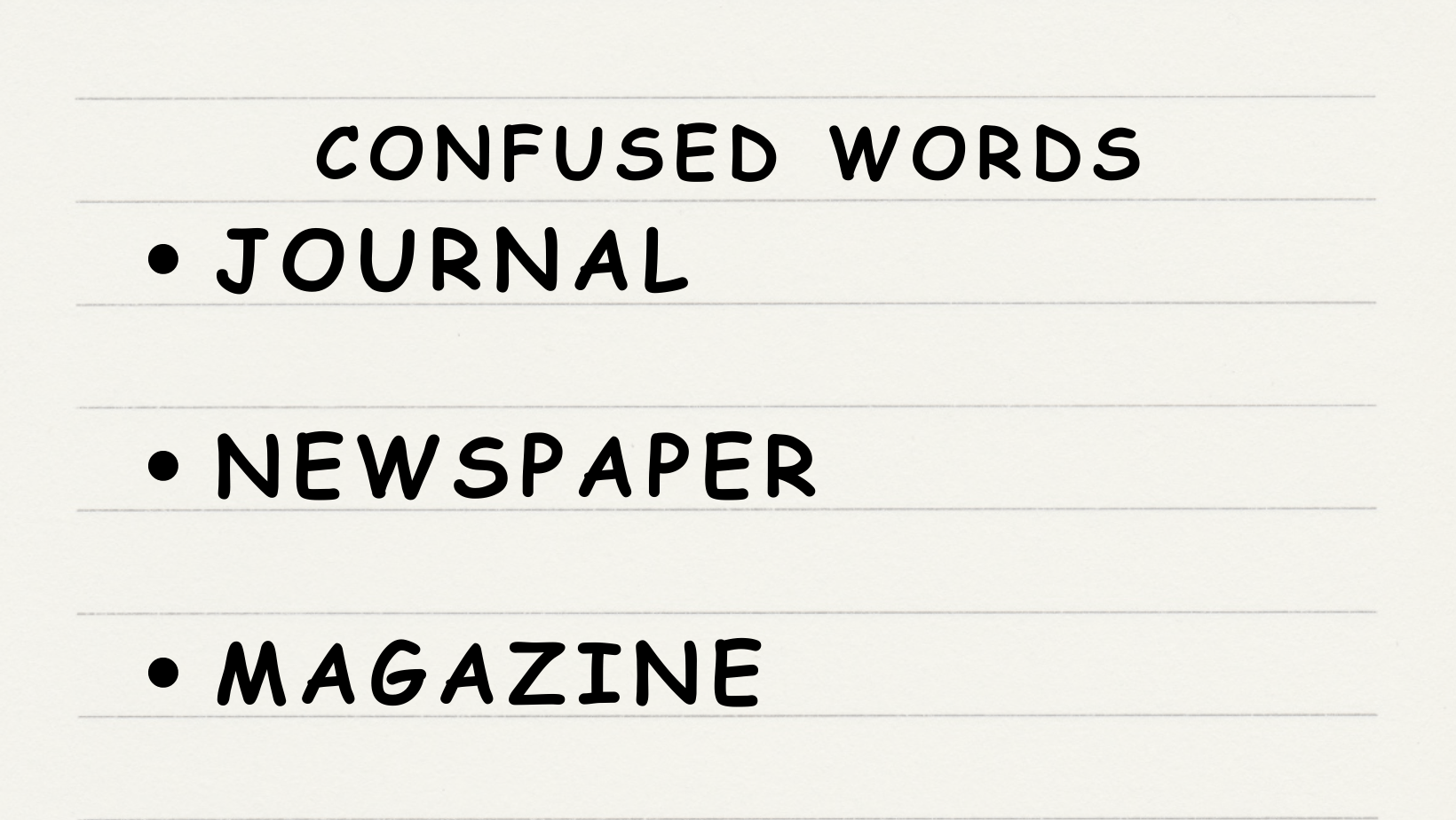
Hello, aspiring English learners! Today’s topic is the commonly confused words: everyday, every day, and daily. All three seem similar, but their uses and meanings differ. Let’s dig into the details!
Everyday
Everyday (IPA: /ˈɛvriːdeɪ/) is an adjective that means commonplace, ordinary, or happening regularly. It describes something that is a routine part of daily life.
Here are 10 examples:
- Jeans are suitable for everyday wear. (Jeans are suitable for regular or routine wear)
- Brushing teeth is an everyday activity. (Brushing teeth is a regular activity)
- She uses her everyday bag for work. (She uses her regular bag for work)
- This is my everyday routine. (This is my regular routine)
- The smartphone has become an everyday device. (The smartphone has become a commonplace device)
- We encounter these everyday problems in life. (We encounter these ordinary problems in life)
- I wear this everyday shirt when I’m at home. (I wear this regular shirt when I’m at home)
- This is just an everyday occurrence here. (This is just a regular occurrence here)
- It’s an everyday practice in our family to eat dinner together. (It’s a routine practice in our family to eat dinner together)
- They discuss everyday topics during their morning meeting. (They discuss ordinary topics during their morning meeting)
Every Day
Now, let’s look at every day (IPA: /ˈɛvriː deɪ/). When ‘every’ and ‘day’ are separated, it functions as an adverb, meaning each day or daily.
Here are 10 examples:
- I jog every day. (I jog each day)
- She studies every day for her exams. (She studies daily for her exams)
- We walk the dog every day. (We walk the dog daily)
- He reads the newspaper every day. (He reads the newspaper daily)
- She practices piano every day. (She practices piano daily)
- We check emails every day. (We check emails each day)
- They clean their room every day. (They clean their room daily)
- I drink coffee every day. (I drink coffee daily)
- He works out every day. (He works out each day)
- She meditates every day. (She meditates daily)
Daily
Daily (IPA: /ˈdeɪliː/) is an adjective or adverb that means occurring every day or relating to the day.
Here are 10 examples:
- I follow my daily routine. (I follow my routine that occurs every day)
- The daily newspaper arrives in the morning. (The newspaper that comes every day arrives in the morning)
- She does her daily exercise. (She does her exercise that happens every day)
- We face daily challenges at work. (We face challenges at work that happen every day)
- This is part of my daily diet. (This is part of my diet that I consume every day)
- He enjoys his daily walk in the park. (He enjoys his walk in the park that he takes every day)
- She completes her daily tasks before lunch. (She completes her tasks that she has to do every day before lunch)
- We need our daily dose of caffeine. (We need our dose of caffeine that we have every day)
- He checks his daily horoscope. (He checks his horoscope that updates every day)
- They have a daily meeting to discuss progress. (They have a meeting to discuss progress every day)
Conclusion
In conclusion, everyday is an adjective meaning ordinary or regular, every day is an adverb denoting something that happens each day, and daily is an adjective or adverb relating to something that occurs every day. Recognizing these differences will help make your English usage more precise and natural.


